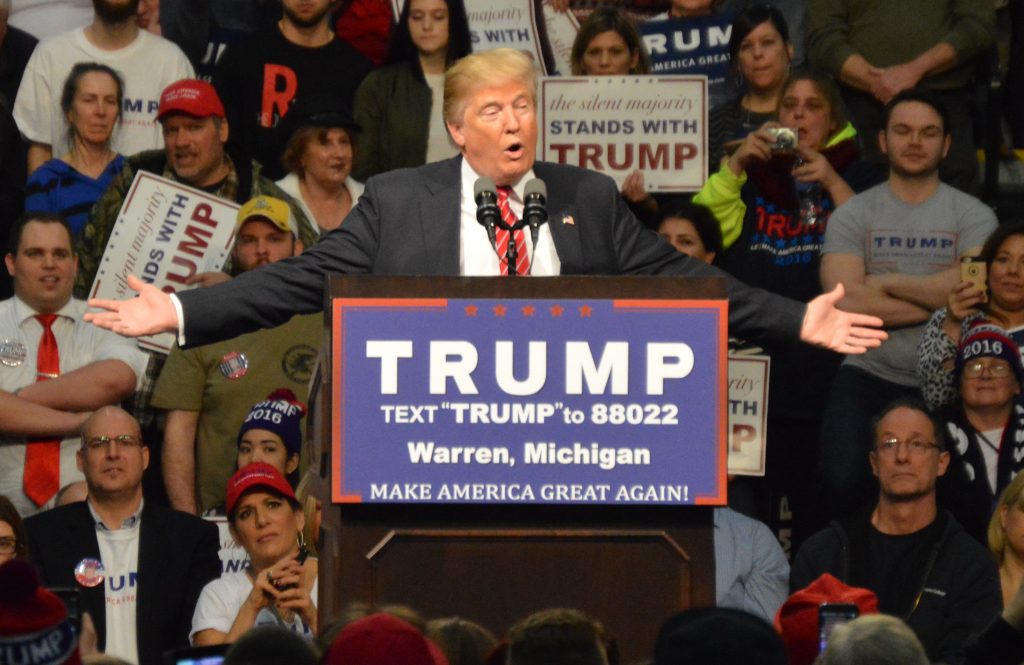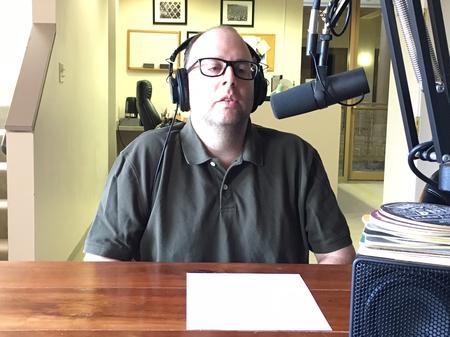Could the President Pardon Himself?
What would happen if this president or any other attempted to give himself or herself a pass on criminal charges?


The investigation into Russia’s meddling in the 2016 election is in full swing. If it leads to criminal charges in the country’s highest office, could President Trump pardon himself?
It’s a question that has legal experts scratching their heads.
The president has hinted at that possibility in recent Tweets. What would happen if this president or any other attempted to give himself or herself a pass on criminal charges?
Michigan State University law professor Brian Kalt speaks with Detroit Today host Stephen Henderson about the prospect of Trump pardoning himself. Kalt’s focus is on the presidency and he authored the book Constitutional Cliffhangers: A Legal Guide for Presidents and Their Enemies.
According to Kalt, if President Trump was actually going “to pardon himself, he almost certainly would not wait until he was convicted.”
However, it quickly becomes complicated because “there’s a lot of doubt, constitutionally, about whether you can prosecute a president while he’s in office,” he says. “If they were going to prosecute him they would probably wait until he was gone and at that point he wouldn’t have the power to pardon himself.”
Another issue with the possibility of Trump pardoning himself is “that you can only use the pardon power to issue things that are actually pardons,” says Kalt. “You can’t pardon someone for something that they haven’t done yet.”
Click on the audio player above for the full conversation.
